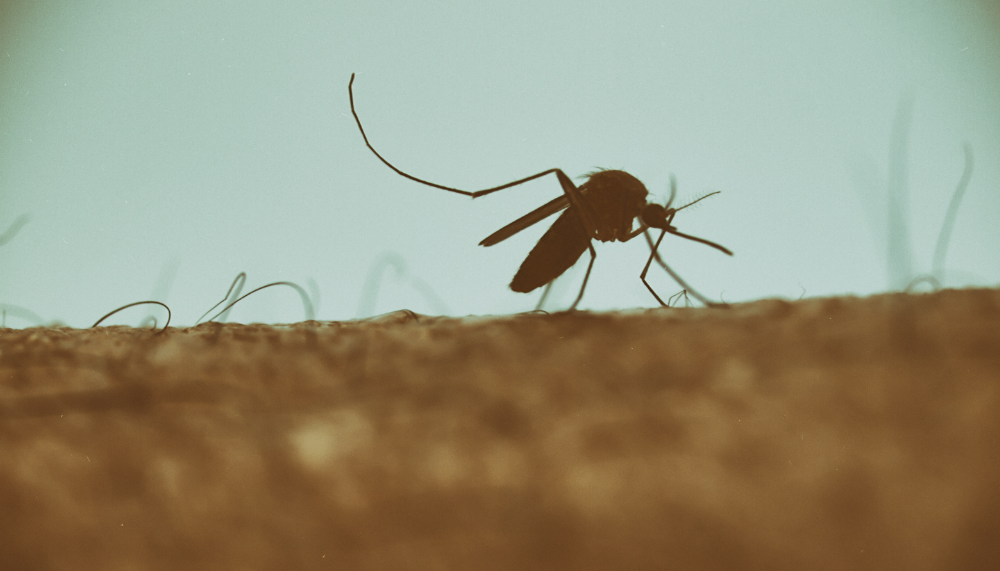Malaria remains one of Nigeria’s most deadly diseases, affecting millions every year. It is caused by a parasite transmitted through the bite of infected female Anopheles mosquitoes. Despite being preventable and treatable, malaria still leads to thousands of deaths annually, especially among children under five and pregnant women.
What Causes Malaria?
Malaria is caused by Plasmodium parasites. In Nigeria, the most common type is Plasmodium falciparum, which is also the most dangerous. The parasite enters the human body when bitten by an infected mosquito, multiplies in the liver, and then infects red blood cells.
Common Symptoms of Malaria
- High fever
- Chills and sweating
- Headaches
- Muscle aches
- Vomiting or nausea
- Fatigue
- Diarrhoea (in some cases)
Malaria symptoms typically appear 10–15 days after the mosquito bite. If not treated promptly, it can become life-threatening.
How to Prevent Malaria in Nigeria
-
Use Insecticide-Treated Nets (ITNs):
Sleeping under ITNs significantly reduces mosquito bites. -
Indoor Spraying:
Spraying homes with insecticides helps kill mosquitoes resting indoors. -
Environmental Control:
Drain stagnant water, clear bushes, and cover water containers to reduce breeding sites. -
Wear Protective Clothing:
Especially at night or in mosquito-prone areas. -
Use Mosquito Repellents:
Apply repellents on exposed skin to keep mosquitoes away. -
Chemoprevention:
Pregnant women and children may take preventive antimalarial medication under medical supervision.
Treatment Options for Malaria
Malaria is treatable with prescription antimalarial drugs. The recommended treatment in Nigeria includes:
-
Artemisinin-based Combination Therapies (ACTs):
These are the most effective for uncomplicated malaria. -
Quinine or Artesunate Injections:
For severe malaria, especially in hospitals.
Malaria in Pregnancy
Pregnant women are especially vulnerable. Malaria can lead to miscarriage, stillbirth, low birth weight, and maternal death. Preventive treatment (IPTp) and regular antenatal care are critical.
Government & NGO Interventions
The Nigerian government, alongside global partners like WHO and NGOs, provides:
- Free ITNs during immunization and outreach campaigns
- Public health education
- Subsidized or free malaria testing and treatment
Malaria may be common in Nigeria, but it is preventable and treatable. With awareness, prevention, and timely care, we can protect ourselves and our communities. Always test before you treat, and visit a certified health center at the first sign of symptoms.
